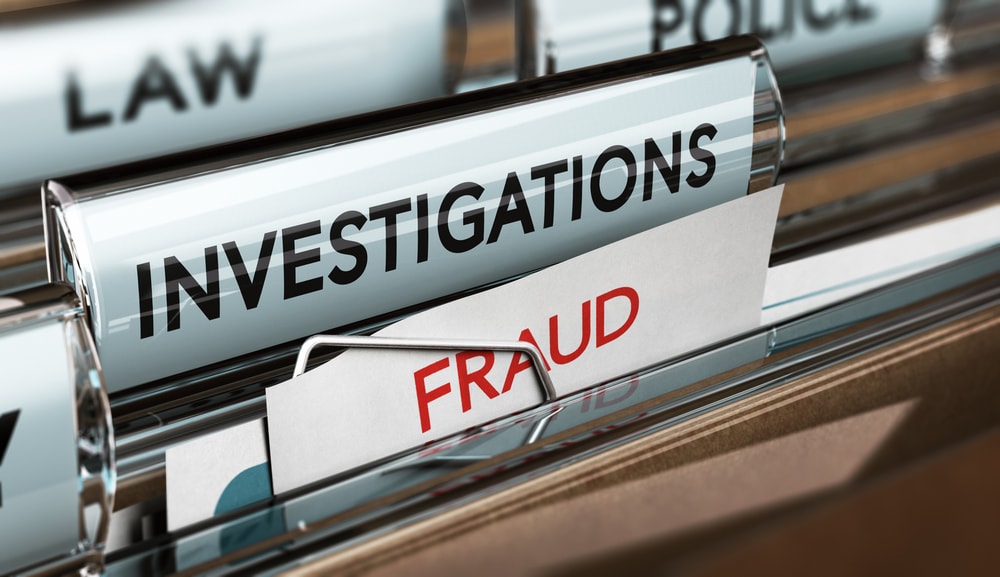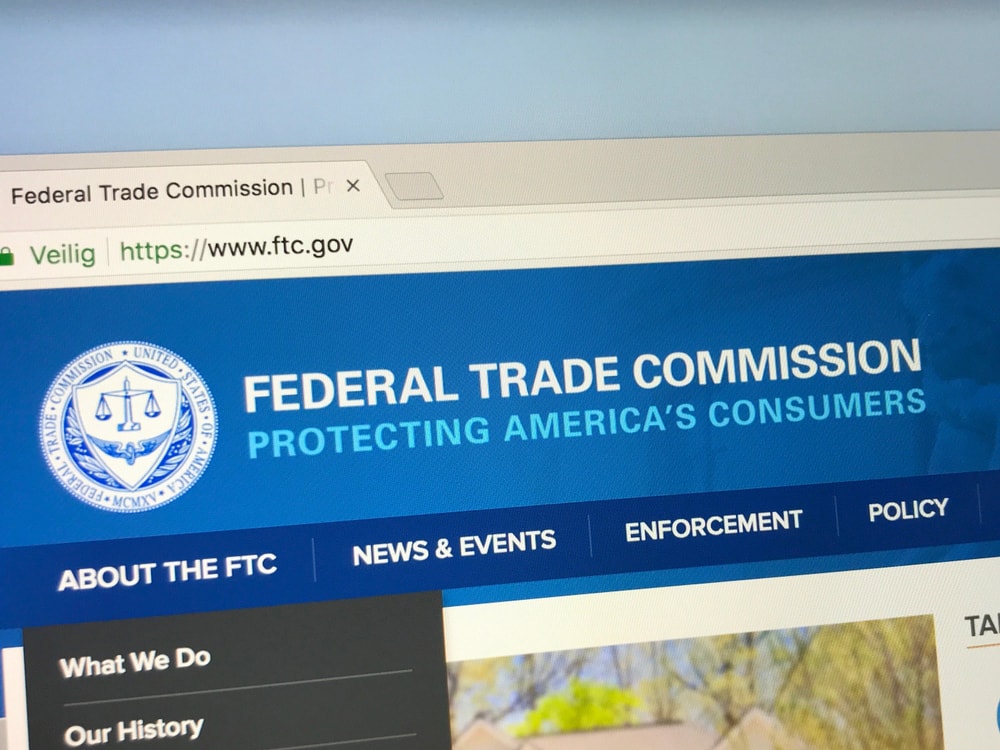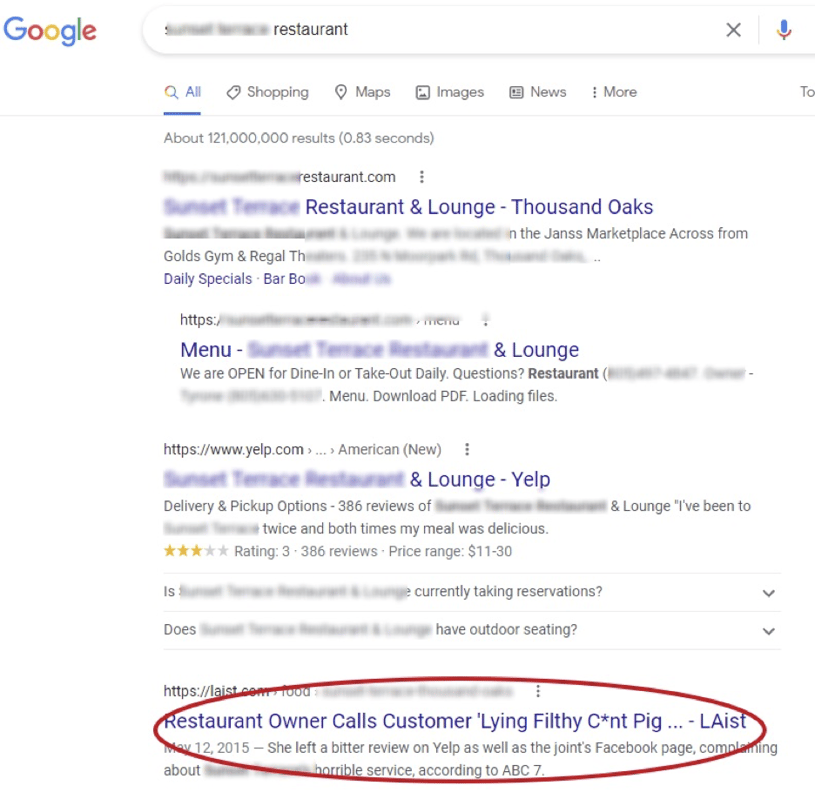Build Trust By Embedding Google Reviews on Your Website
Google reviews today account for more than half of all reviews online, dominating the other big...

Note: Jennifer Bridges of Reputation Defender co-authored this piece.
Online reviews are a wonderful way to attract new customers. However, they can also be a huge liability, depending on who is reading them.
If your customers are consistently leaving bad reviews—or worse, if you are planting fake positive reviews to counter your negative ones—your business is at significant risk.
Some of the entities that can leverage your online reviews against you include:Read on to learn the dangers each entity poses to your brand’s reputation and bottom line.

Prospective customers are reading your reviews to see if your company is trustworthy enough to earn their business. If they can’t find testimonials from people who have had positive experiences with your business, they will take their business elsewhere.
Consumers are also looking for review transparency, which includes.
If your online reviews lack these qualities, customers won’t trust you or recommend you to others.
Another thing to consider is expectation setting. Customers look to reviews for an idea of what it’s like to use your product or service. If the two don’t match, people will be unsatisfied with their experience and tell others about this disconnect. For this reason (and because you don’t want to run afoul of FTC rules), you want to make sure your reviews reflect a “normal customer experience.”
Customers can use reviews against you to negotiate better terms by writing feedback during a transaction and promising to update the review if the business will lower the purchase price. They also use reviews as blackmail, offering to remove a complaint in exchange for a freebie, refund, or discount.
Additionally, certain industries/geographies don’t allow businesses to collect their own feedback or respond to online reviews. This leaves business owners without the tools they need to defend their company’s good name. For example, medical and mental health providers must abide by HIPAA regulations that prohibit them from publicly acknowledging a patient relationship even exists.
Another danger is that customers can sue you for intellectual property rights if you post a review anywhere other than the platform the reviewer originally wrote it on without first obtaining their written legal permission.
Smart competitors will be studying your reviews to find data that can give them an advantage over you. For example, your positive reviews can show them the things you are doing well (that they might not be doing) while your negative reviews can highlight your customers’ pain points (as well as how your competitors can address these issues).
If your competitors suspect you are buying fake reviews, they can also weaponize this information to harm your reputation, your reviews, your listing, and even your license (if you are licensed).

If review platform administrators have any reason to suspect your reviews are illegitimate, they can flag your business for manual action, such as an account or listing suspension, a review removal, or a consumer alert.
This happens a lot on Google, the most popular review channel. But it is also common on platforms like Yelp, TripAdvisor, Trustpilot, and others. If you’ve ever had your listing on a review site suspended, then you know how quickly this can harm your bottom line.
Here's an example of a warning to consumers from Trustpilot:

Current and potential business partners closely monitor your reputation to ensure your online image reflects well on them. After all, they are aligning their reputation with yours when they decide to work with your organization.
So, if your business has low ratings or has been flagged for using fake reviews, then you will have a much harder time finding businesses willing to partner with you.
Another thing to consider is that reviews often reveal aspects of your business that might conflict with your partner's brand. For example, a partner that prides itself on its transparency might see a customer complaint about your lack of communication and decide that doing business with you is just too risky.
It may be hard to imagine an advertising channel turning away your business. But being suspected of having fake or incentivized reviews can get you kicked out of the following ad programs:

If you’re not managing your online reviews in accordance with industry best practices, you might find yourself answering uncomfortable questions from one or more regulating agencies, including:
Very negative or fake positive reviews can also cause the following licensing agencies to investigate you for fraud or take away your license, depending on the offense:
Sometimes negative reviews of your business—or even your response to those reviews—can end up getting coverage in the news media. That's bad news, because the resulting story may well rank on the first page of your search results for a very long time—often years after the fact. This is partly because, unlike Europe, the United States doesn’t have the "right to be forgotten," which compels search engines to remove outdated or irrelevant content in certain instances.
In the example below, a restaurant owner’s bad review response still ranks high in the business’s search results seven years after the fact.

If someone questions the legitimacy of your reviews as part of a lawsuit against your business, then your general liability insurer might decide your claim isn’t valid. For example, if the FTC or the attorney general’s office goes after you for fake reviews, there’s a chance your legal insurance isn’t going to help.
Of course, the best way to mitigate the threat that these entities pose is to follow recognized best practices for gathering reviews. There are also tools you can use to detect fake reviews and ensure your online reputation remains above reproach.

Curtis Boyd is founder of The Transparency Company and Objection Co. He fights to protect both consumers and business owners from fake reviews.

Google reviews today account for more than half of all reviews online, dominating the other big...

Nine in 10 internet users rely on online reviews before making purchases today—but two-thirds of...
Leave a Comment